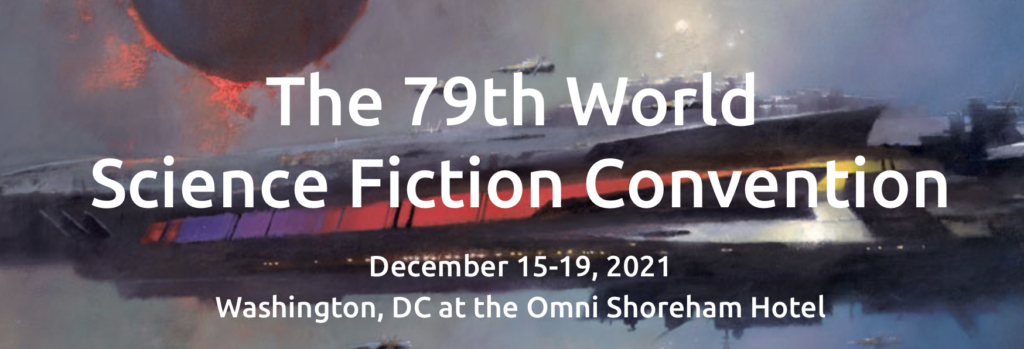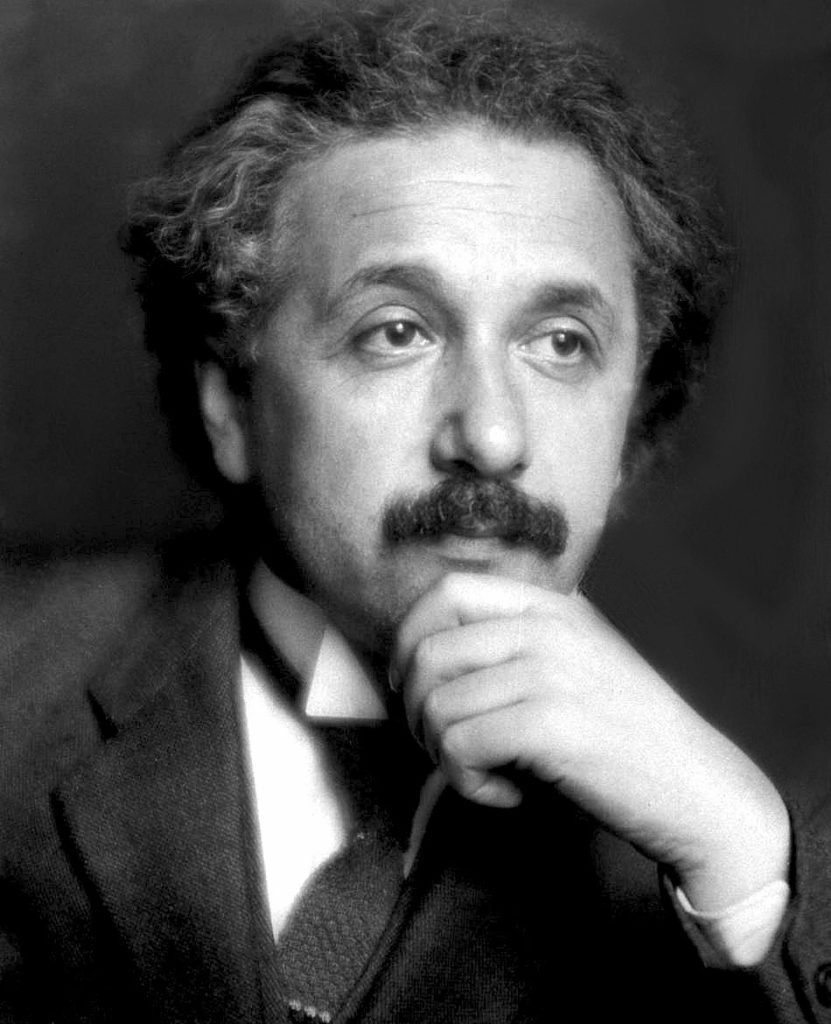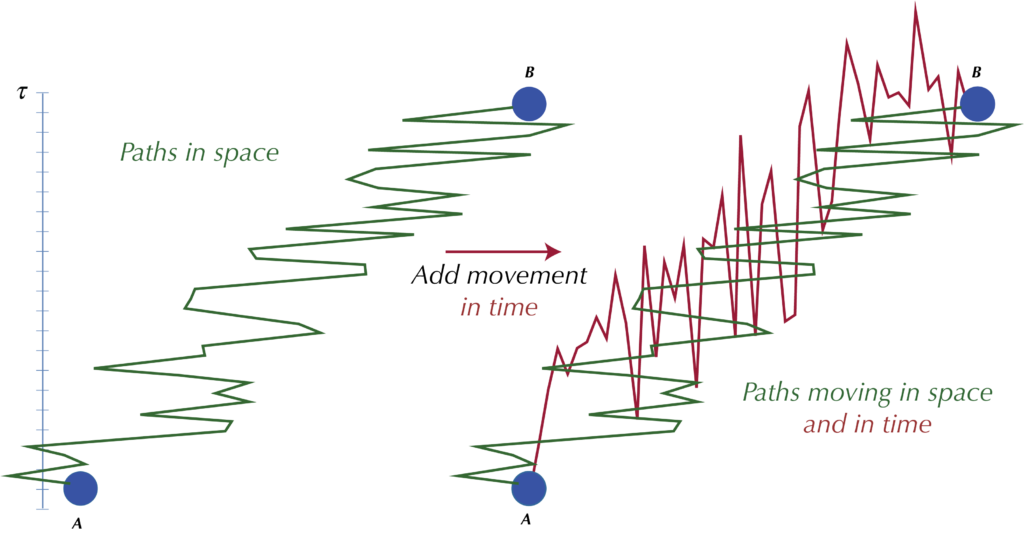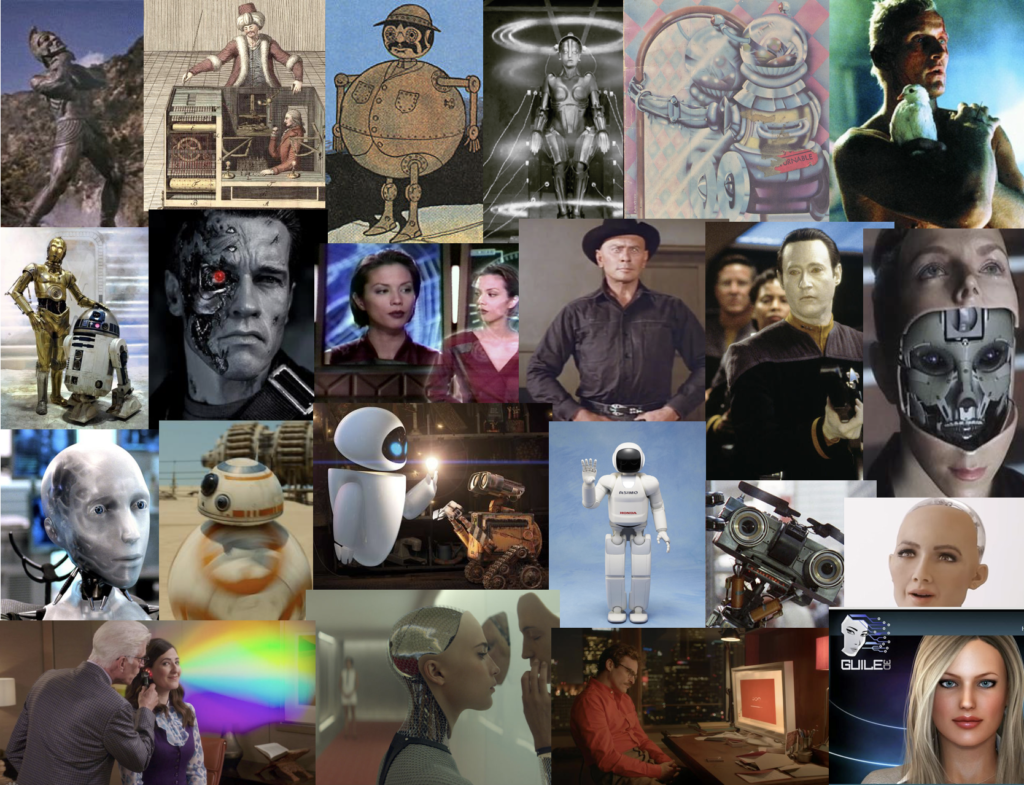Light & Sound at Balticon 2023
I’m doing a talk on Light and Sound at the 2023 Balticon and four panels, all fun, as well. First my talk, then my panels with the reasons I gave to Balticon as to why I wanted to be on the panel.
The extraordinary physics of Light and Sound
Light and sound have had a close relationship since the first stroke of lightning triggered the first sound of thunder. But it is only lately that science has entered the picture. From sonoluminescence (light emitted by imploding bubbles), to the use of the acousto-optic effect to use sound to control lasers, to polarons & plasmons (quantum particles which are strange hybrids of sound and light), we look at the science of sound and light as it is now — and how it might evolve in the future.
Pirates in Space
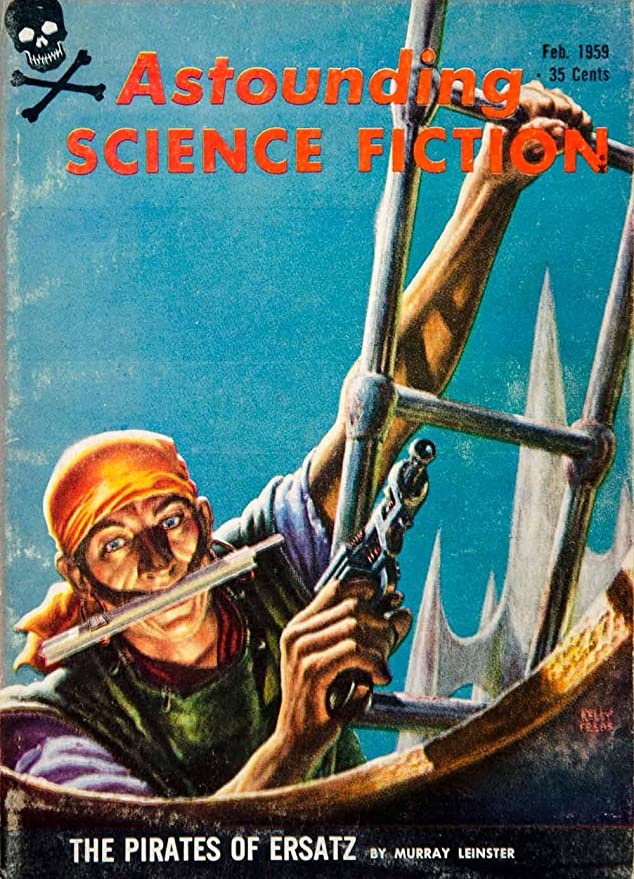
Who can resist Pirates in Space? yes, the distances are great — and the need for an expert spaceship technician unavoidable — but a single lucky encounter might be enough to let you retire for life. And if the technical difficulties are likely to be great, the forces driving men & women to piracy may be just as great: greed, desperation, the desire for a new life, or just the odd spot of revenge will be as powerful in space as they have been on planet. Yo ho ho & a bottle of Venusian Blue Ruin!
Mad Science
As Niels Bohr put it: “We are all agreed that your theory is crazy. The question which divides us is whether it is crazy enough to have a chance of being correct. My own feeling is that it is not crazy enough.” So how do we get to “crazy enough” how to “think outside the box” without crossing the boundary to madness? Many excellent examples may be found on each side of the divide! A great panel topic; I would be delighted to be on this panel!
The topic takes me back to a Philcon at the Adam’s West, many years ago. After one of my time travel or multiverse talks, I was in the elevator with a few of the attendees.
One of them said something like “great talk, but are you mad?”
“No, sane from an unexpected direction”
and another asked: “And the direction is?”
“North-north-west”
Alternative Moralities
The two poles of morality are the pro-social imperatives of society and the individual’s personal sense of right and wrong. Sometimes these two poles align, sometimes not so much. And if we have aliens & their own imperatives in the mix, not to mention new ways to order society and strange mind-spanning tech, then who knows how the gyroscope of good and evil will come to align? I think I will stop now. But I would be delighted to give this panel a spin, if the con gods will it!
How will generative AI transform the world?
I’ve been tracking the chat-GPT debates: I think we may be starting to get a sense of what generative AI is good for and where it creates some significant risks. But even its creators are amazed by the quality of the answers we are getting; in a strange way generative AI is giving a snapshot of the “mind of the human race” or at least the internet active part of it. And what does that mean?

